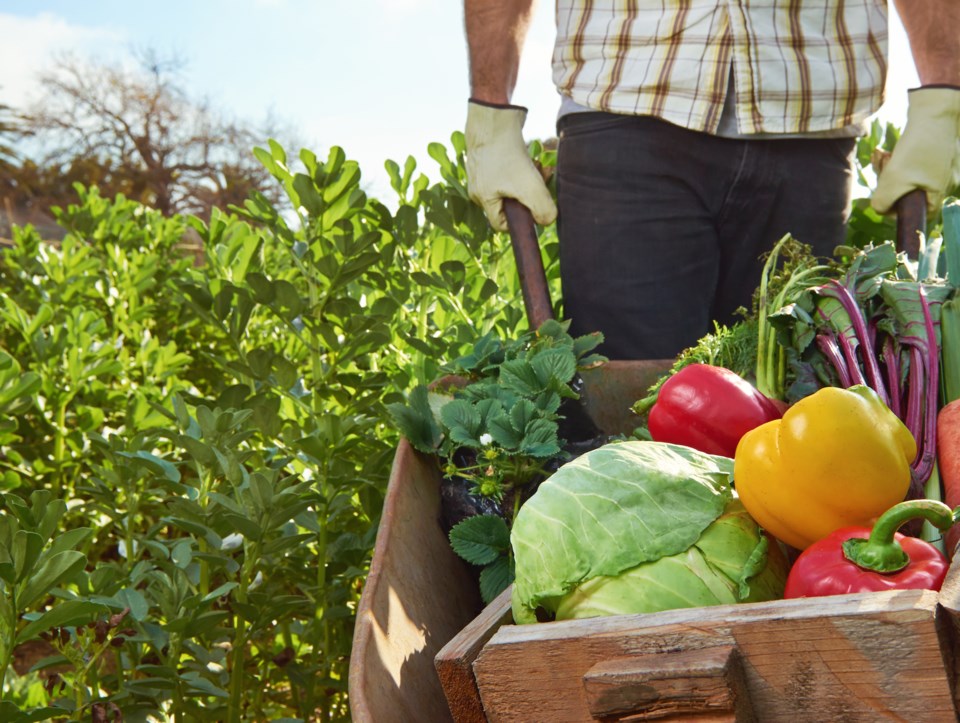NEWS RELEASE
GUELPH CHAMBER OF COMMERCE
*************************
Today, the Guelph Chamber of Commerce in partnership with the Ontario Chamber of Commerce (OCC) released the report Fertile Ground: Growing the Competitiveness of Ontario’s Agri-food Sector, which presents a series of recommendations designed to address barriers to the competitiveness of the agri-food sector in the province.
As one of the most significant economic drivers in the province, the agri-food industry employs one in nine Ontarians and represents $36.4 billion in GDP.
Eager to build on the strengths of this sector, in 2013 Premier Wynne challenged the agri-food industry to double its annual growth rate and create 120,000 jobs by 2020.
However, farmers and food processors’ ability to meet this 2020 target continue to be challenged by an overly prescriptive regulatory environment.
Released during Ontario Agricultural Week, the report presents recommendations to business and government designed to enhance the economic environment in which agribusinesses currently operate.
“In Guelph, agri-food stakeholders have cited regulatory pressures as a significant barrier to growing their competitiveness,” says Kithio Mwanzia, President & CEO of the Guelph Chamber of Commerce. “In fact, the food processing component of the Ontario government’s Red Tape Challenge has identified over 170 regulations that need to be updated. While this government initiative begins an important discussion, continued efforts need to take place to ensure that these industries are able to continue to create jobs and grow the economy.”
Among the 15 recommendations presented in the report, the Guelph Chamber of Commerce identifies the following three as priorities to be addressed in the short term:
- Work with industry and all levels of government to establish a regulatory “concierge service” to assist industry in understanding, navigating and achieving compliance with relevant regulatory requirements.
- Publicly release economic impact assessments of policy initiatives that could affect the agri-food sector to ensure decision-making is evidence-based, participatory, unbiased and transparent.
- Work with industry and post-secondary institutions to ensure that program offerings remain responsive to the needs of agricultural producers and processors.
“As the home of Canada’s Food University, we recognize the critical nature of all aspects of the agri-food sector and how deeply interconnected they are. The health and viability of the entire industry depends on the ability of producers, processors, researchers and entrepreneurs to compete on a level playing field in a highly competitive agri-food market place,” continues Mwanzia. “In 2015, Ontario agri-food trade exceeded $14 billion. The Province must strive to do its part to enable the success of Ontario’s agri-food sector.”
In order to attract, retain and grow agribusiness, the Guelph Chamber is looking for government to work collaboratively with the agri-food sector to set goals for Agriculture Week 2017 that support the industry in meeting the Premier’s Agri-food Challenge.
The Guelph Chamber in partnership with the OCC is committed to working with government and agribusinesses to enhance the competitiveness of this sector. To read the full report, click here.
For more information, contact Kithio Mwanzia, President & CEO Guelph Chamber of Commerce E: [email protected] P: 519.822.8081 F: 519.822.8451 www.guelphchamber.com.
*************************
